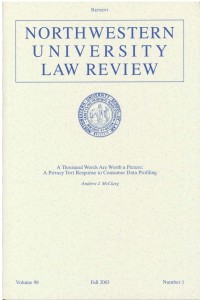 Andrew J. McClurg, A Thousand Words Are Worth a Picture: A Privacy Tort Response to Consumer Data Profiling, 98 Northwestern University Law Review 63-144 (2003).
Andrew J. McClurg, A Thousand Words Are Worth a Picture: A Privacy Tort Response to Consumer Data Profiling, 98 Northwestern University Law Review 63-144 (2003).
Private companies collect and aggregate thousands of items of information about individual consumers with a view toward compiling a “complete 360-degree view” of a consumer’s life. Concerns over shrinking privacy in a data-driven economy have prompted several ingenious proposals from scholars to regulate the field of information privacy.
This article discusses each of those approaches, including the potentially insurmountable obstacles they face, and opts for a tort response to invasive consumer data profiling. Specifically, it argues that collecting and selling an extensive consumer data profile without consumer consent should be actionable under the privacy tort known as appropriation. The appropriation tort provides for liability against one who appropriates the identity of another for his own benefit, which is nearly always commercial in nature.
In modern times, appropriation is wielded almost exclusively by celebrities as a weapon for protecting the value of their fame, often under the rubric of the “right of publicity.” Most successful appropriation cases involve situations where the defendant has, without consent, used some aspect of a celebrity’s physical likeness, such as a picture or drawing, to promote its product or service.
The article asserts that the appropriation tort, both as originally conceived and as reflected in the reasoning of modern cases and influential secondary authorities, is aimed at protecting a broader sphere of identity than mere names or physical likenesses. It also asserts that, unlike the property-based right of publicity action with which it is often confused, the appropriation tort was created to protect dignitary rather than economic interests.



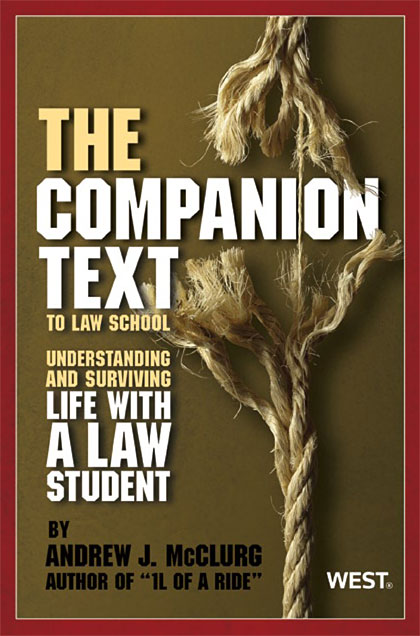




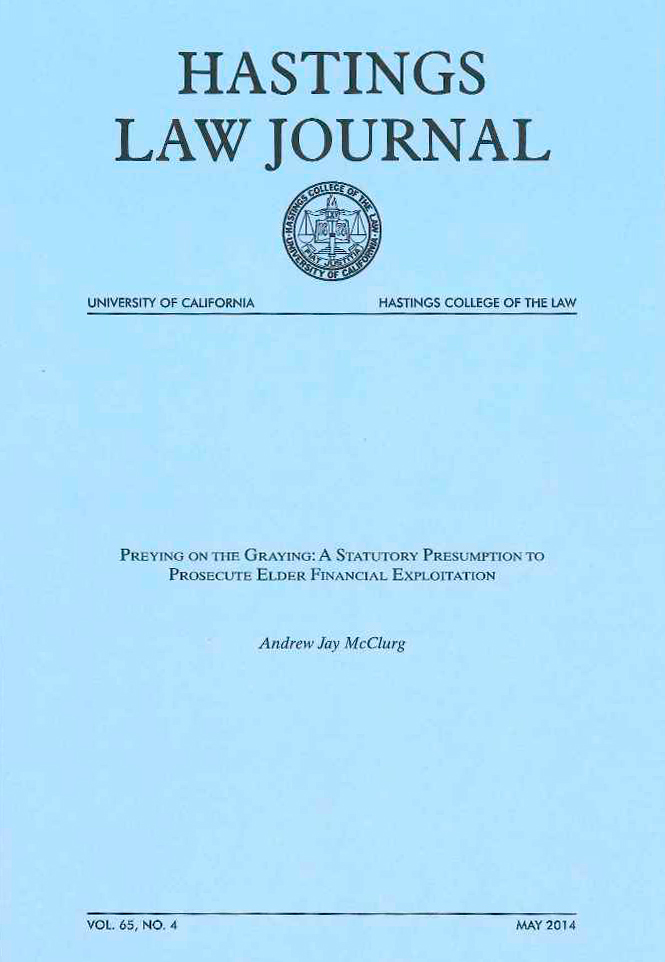
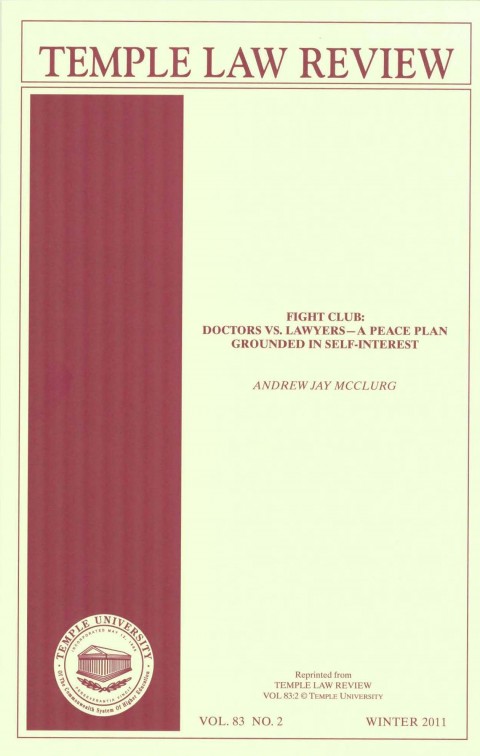
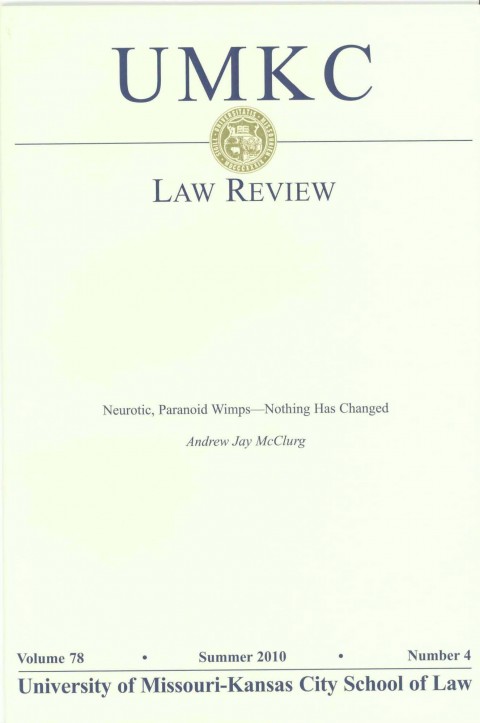
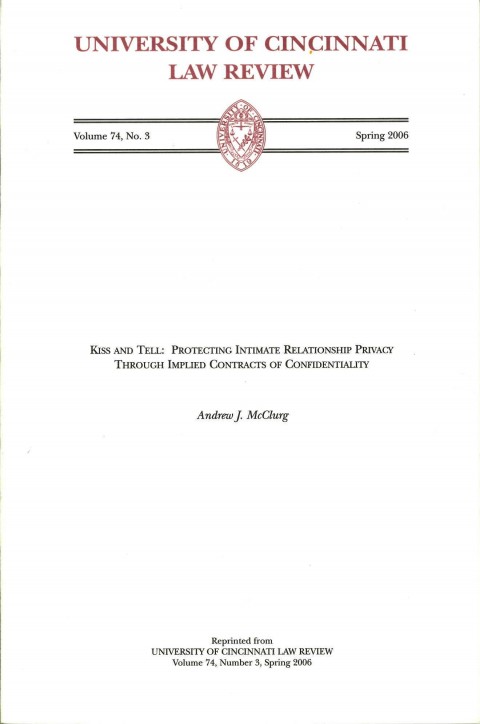
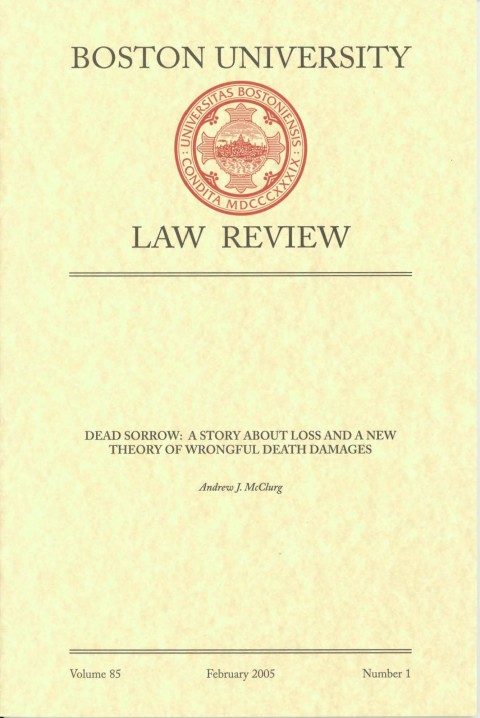
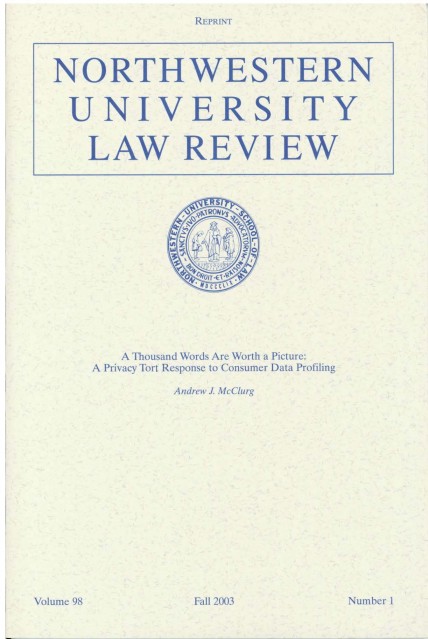
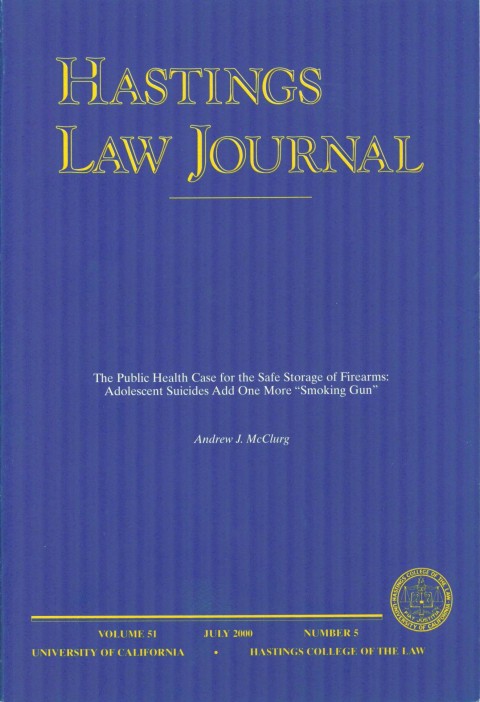
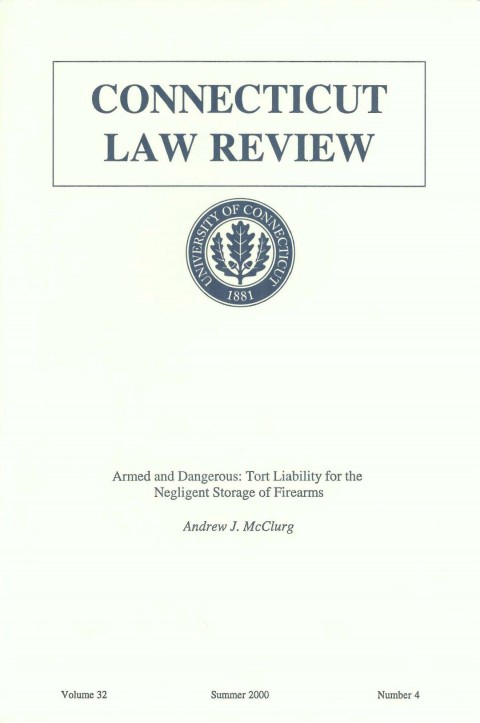
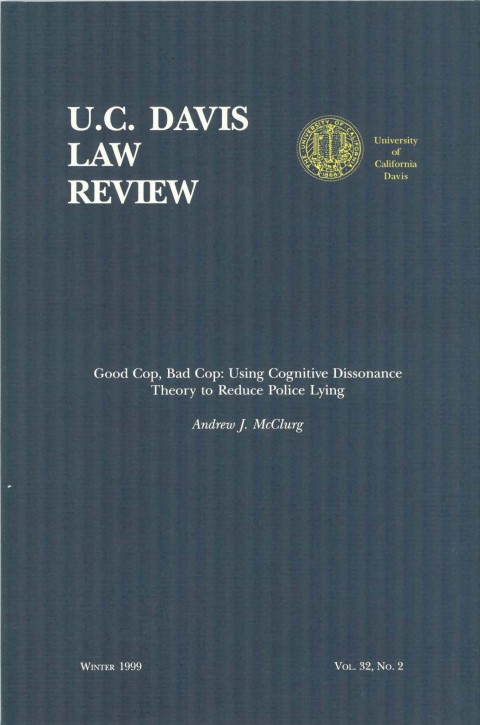
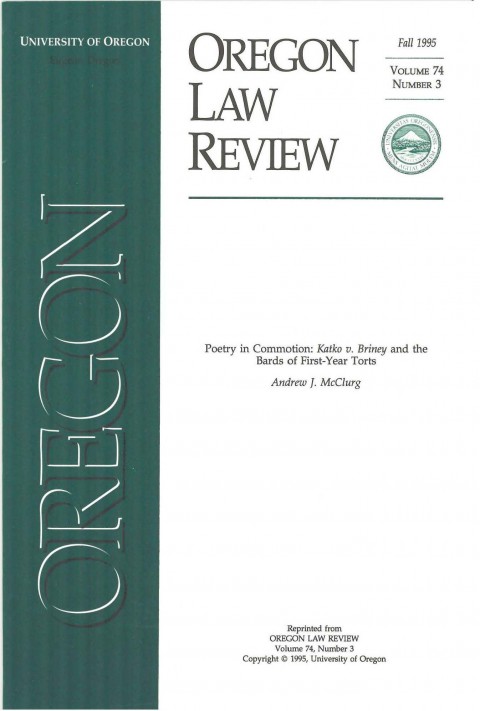
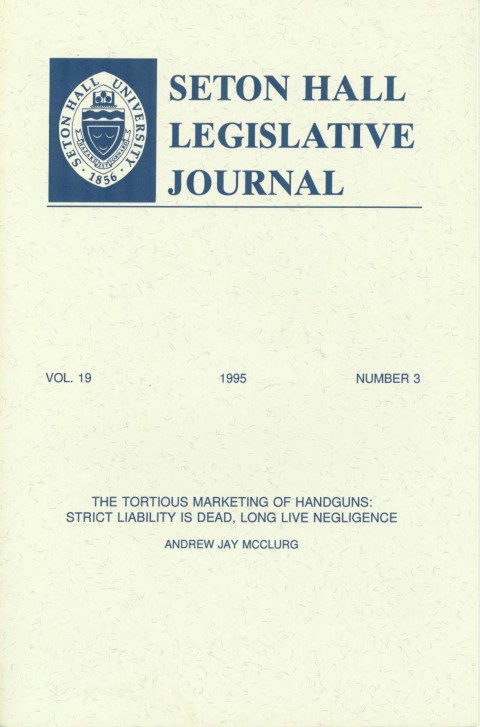
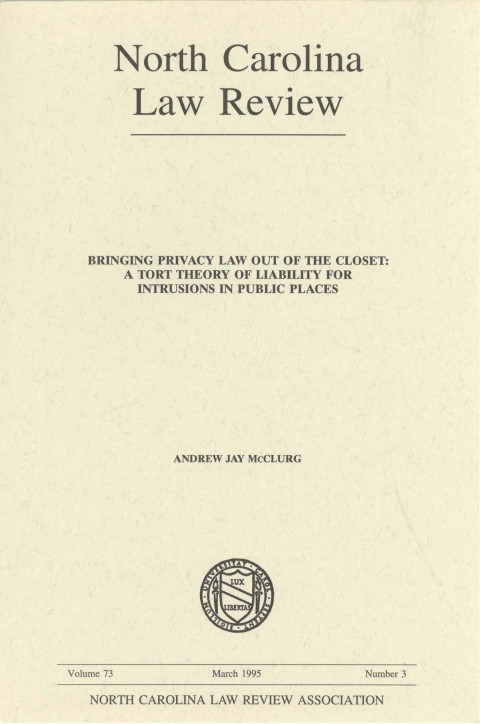
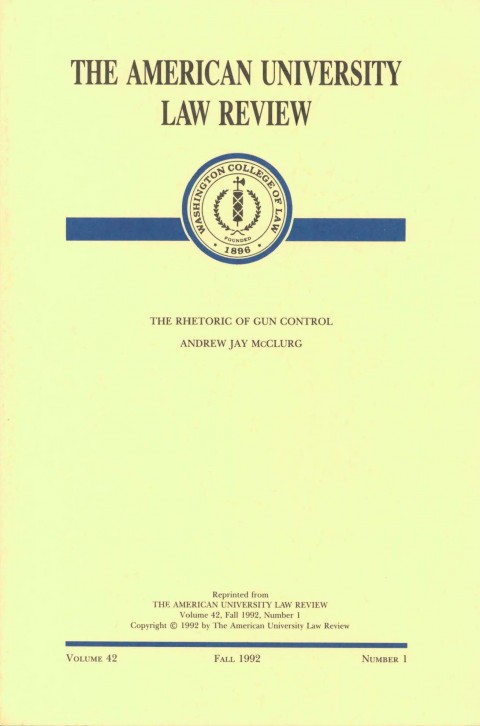
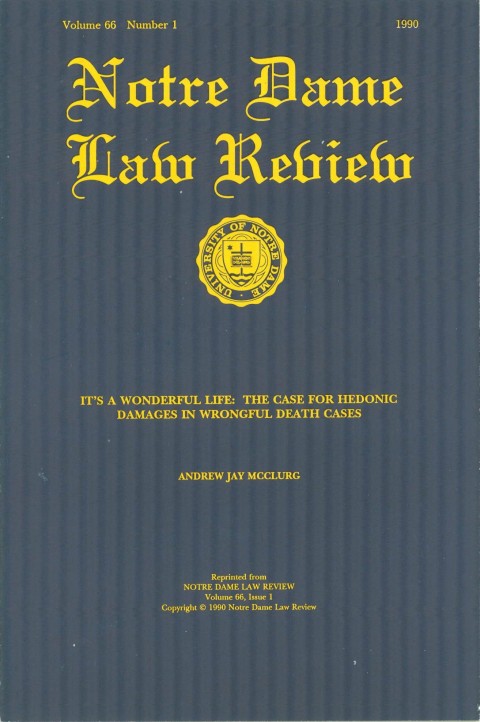
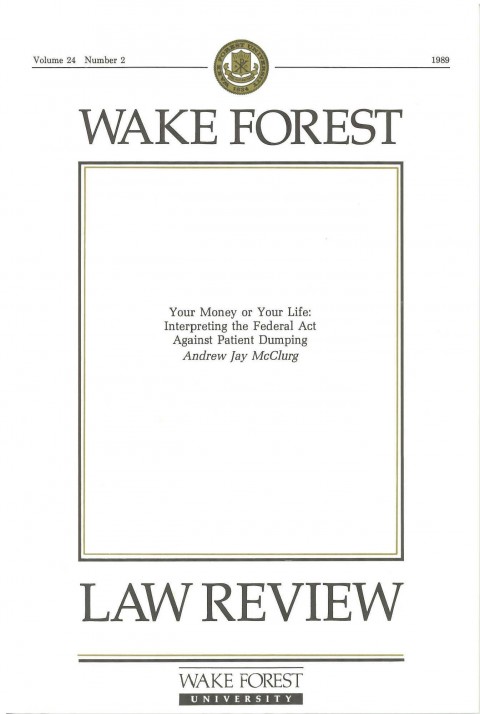
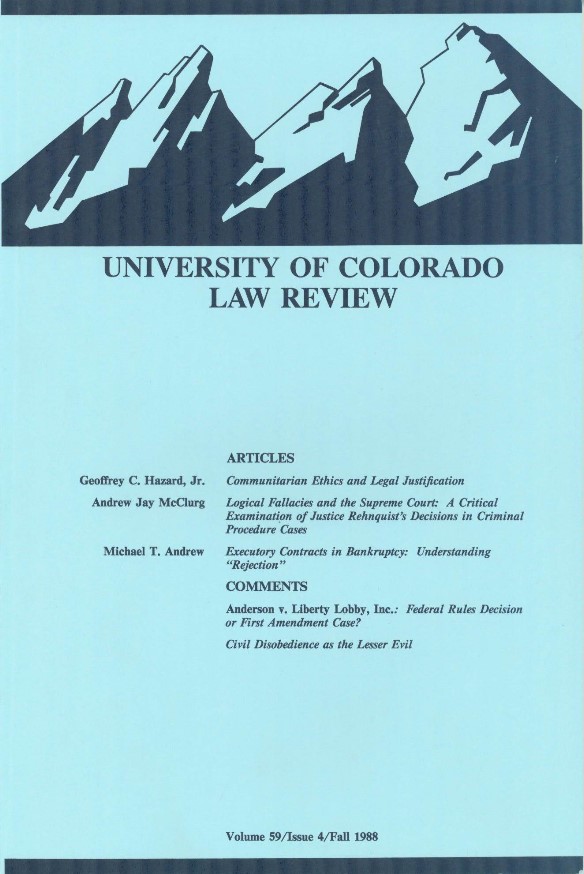

Leave a Reply